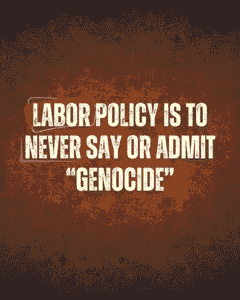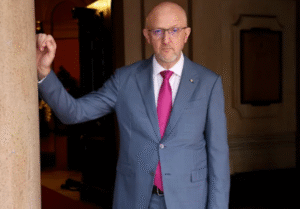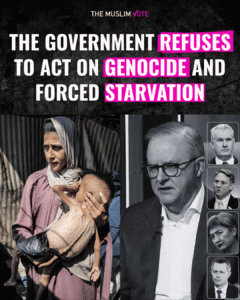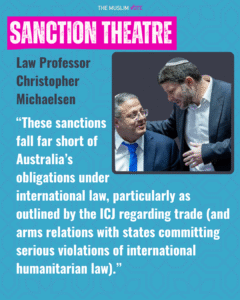When Political Survival and Interest Mean More Than Life
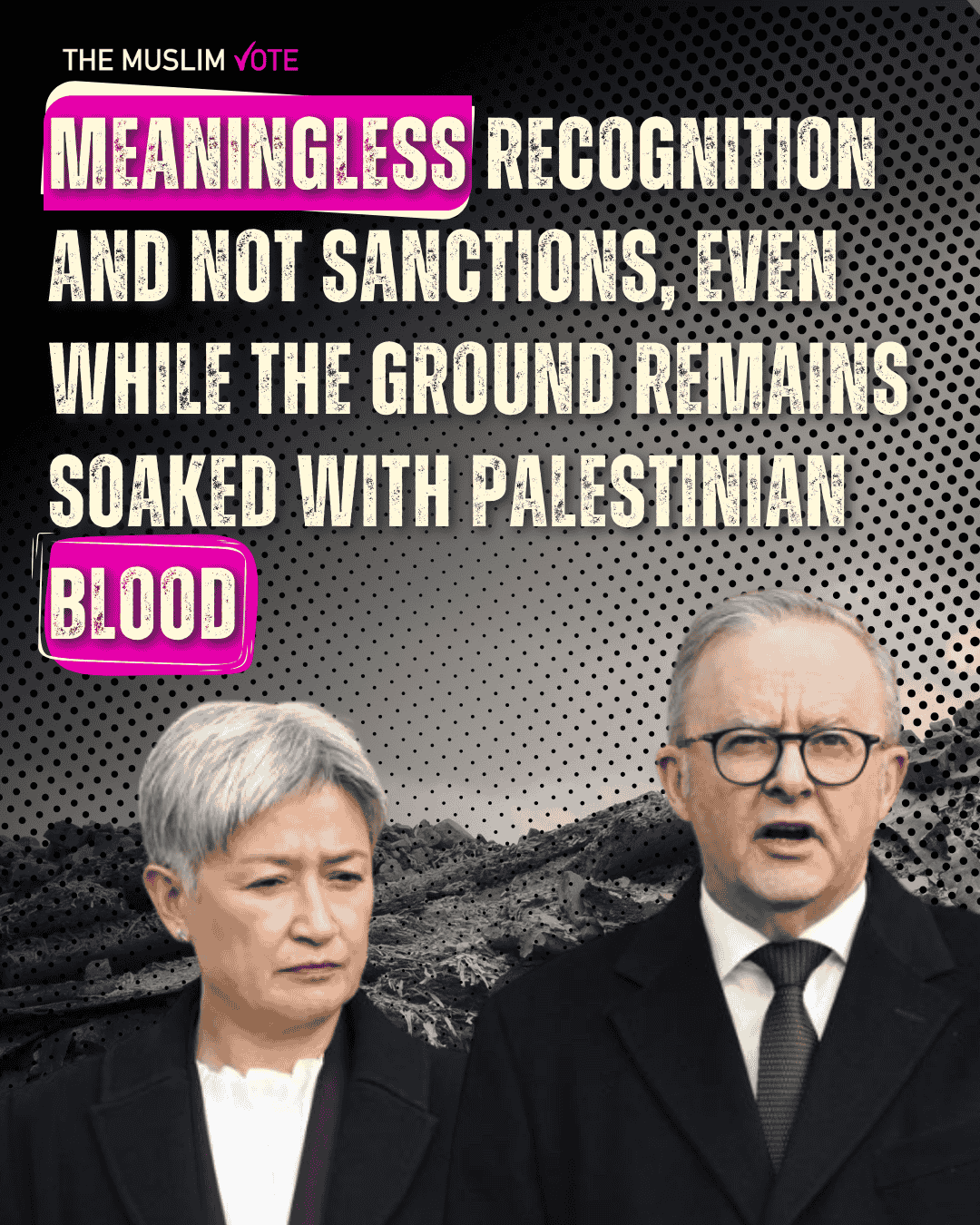
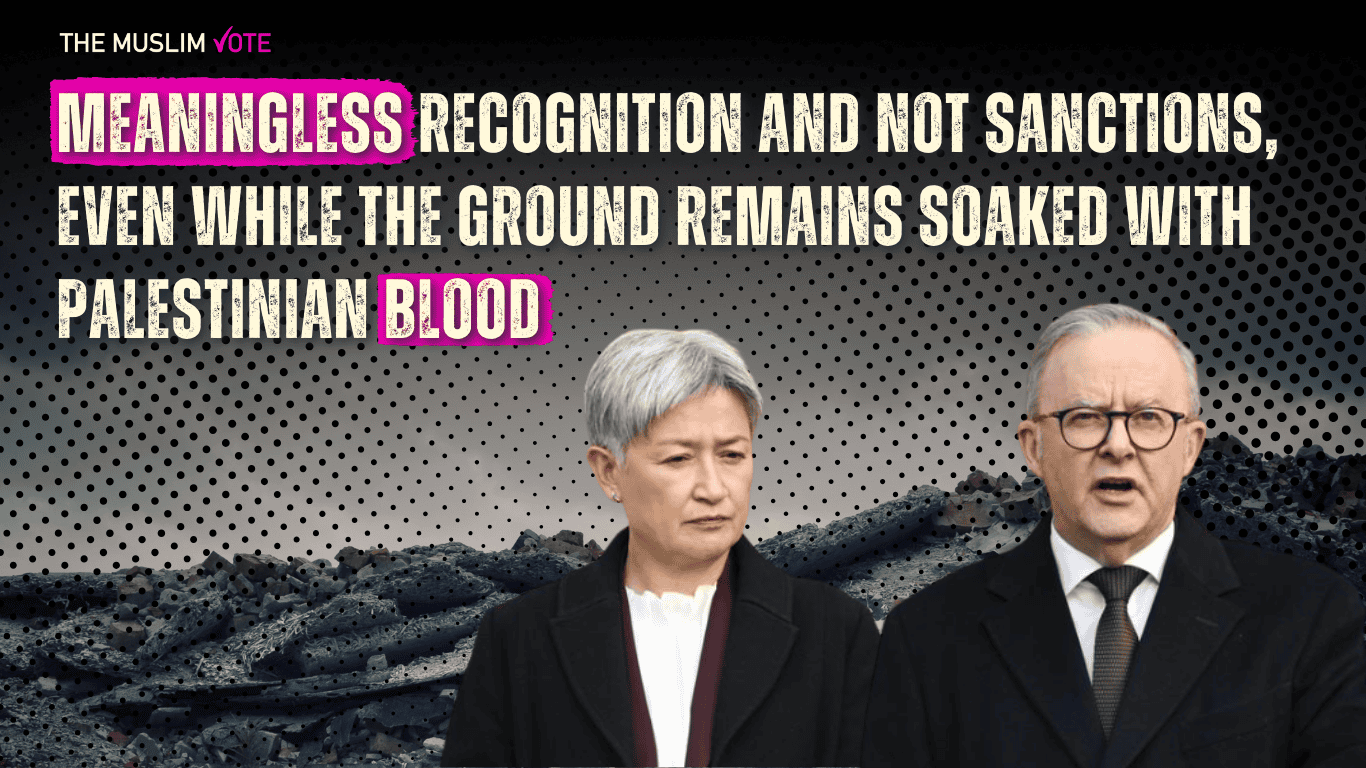
The Albanese Government’s announcement that it “will recognise Palestine” is an exercise in political deflection, a mere gesture that costs nothing, demands nothing, and changes nothing for the people enduring daily bombardment, siege, and forced starvation in Gaza. It is a statement on paper while the ground itself remains soaked in blood.
This recognition will not lift the blockade that keeps food, water, medicine, and fuel out of Gaza. It will not end the bombardment. It will not free a single Palestinian hostage held without trial. It will not rebuild a single home reduced to rubble. The reality is that the people of Gaza, the very people this announcement is supposed to support, will see no material change in their situation because of it.
The Albanese Government knows this. That is why recognition has been chosen over action. Because the action that is actually required, the only action with the potential to influence Israel’s oppression, is the imposition of immediate, targeted sanctions, the suspension of arms trade, and the severing of diplomatic ties with Israel until there is an end to the forced starvation, siege, and occupation.
The hypocrisy is measurable. Australia imposed sanctions against Russia within days, expelled diplomats, froze assets, and coordinated with allies to isolate Moscow politically and economically. Albanese himself has repeatedly cited these measures as evidence of his government’s “commitment to the rules-based order.” Yet, the same Prime Minister has resisted sanctions at every turn when it comes to Israel. He’s refused to use the same levers that have been used before.
It wouldn’t be surprising to see the written advice given to the Prime Minister emphasising recognition of Palestine as the safest and most politically contained course of action, that recognition would function as a low-risk, low-cost gesture that can be publicised domestically yet leaves intact the diplomatic, trade, and security relationships Canberra is reluctant to risk.
This announcement of the recognition is not an isolated act. It is a consistent pattern. It sits alongside a record of abstaining or voting against ceasefire resolutions at the United Nations. It follows a continuation of military cooperation with Israel, sustained defence industry ties, and a refusal to halt the export of Australian-made components for weapons deployed in Gaza. It also mirrors the approach taken by Tony Burke to cancel Mona Zahed’s evacuation from Gaza, along with her family, based on posts reported by journalists. Each of these choices fits the same profile: calculated steps that avoid applying real pressure, preserve existing relationships, and signal that the government’s limits are set by political caution, not moral necessity.
The Australian public should not be misled into thinking that this recognition alters the reality on the ground. It does not. It is a political manoeuvre aimed at managing perception, not a foreign policy decision aimed at ending a genocide. The Prime Minister and his ministers have chosen the path of lowest cost and lowest risk to themselves, not the path that would actually force a change in Israeli policy. The government’s actions will remain a stain on the Australian Labor Party; proof that when confronted with atrocity, they chose the comfort of selective outrage, selective action, and a selective humanity engineered to protect themselves, not the lives at stake.




